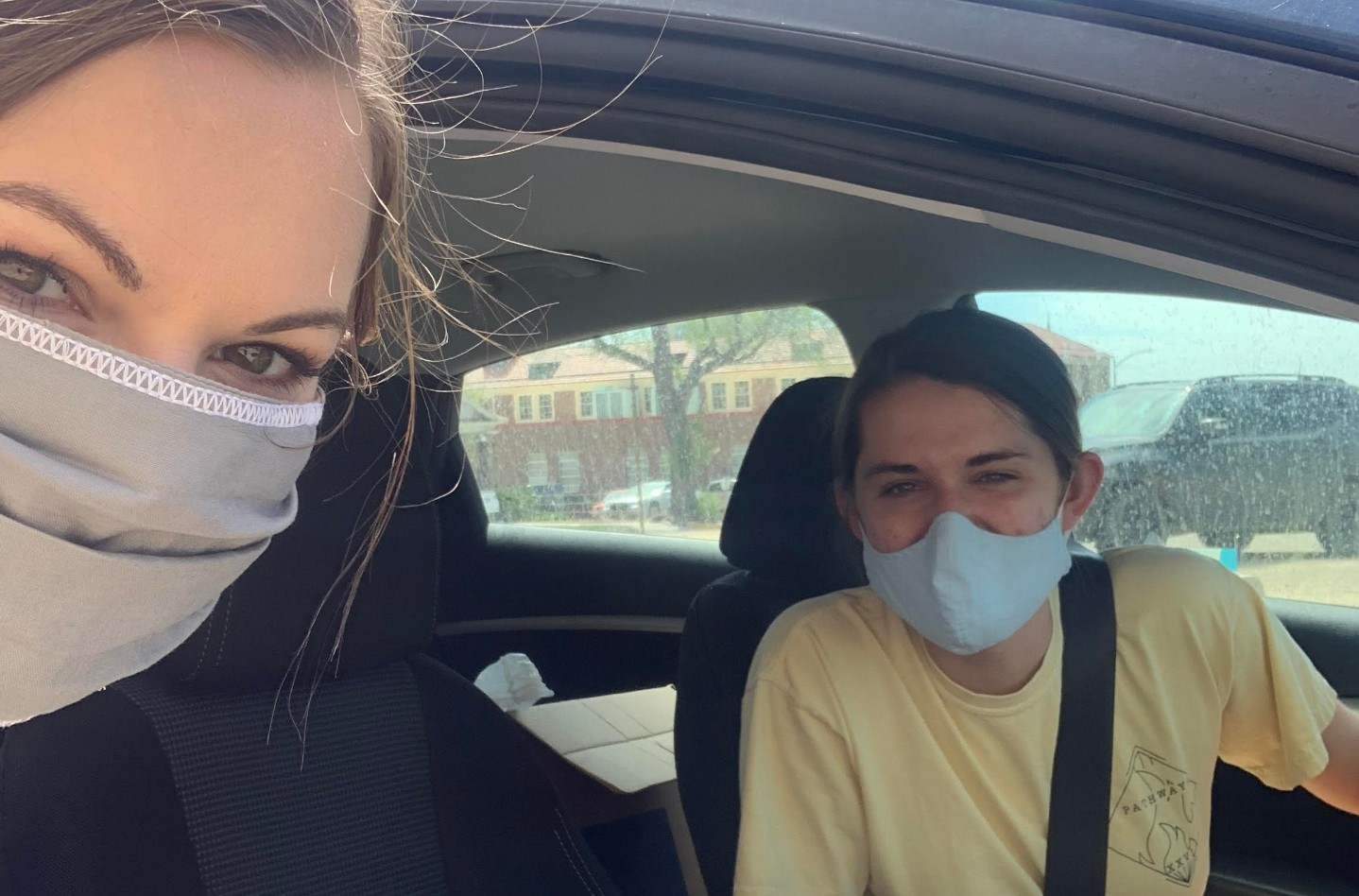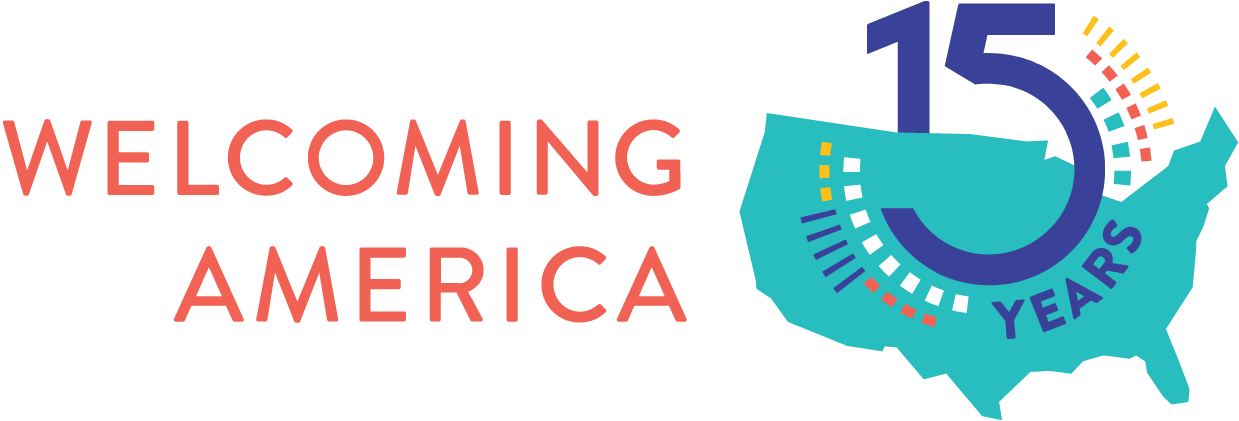
Member Spotlight: Responding to COVID-19 in meat processing communities
During the COVID-19 pandemic, we are sharing the stories and experiences of the Welcoming Network in responding to the crisis in their communities as well as the challenges facing immigrant-serving nonprofit organizations. This week, we hear from Kate Schieferecke, Refugee Resettlement Case Manager at the Catholic Charities of Southwest Kansas.
COVID-19 has disrupted daily life all over the world. What are some of the challenges and opportunities that your organization has faced? How has this impacted the communities that you serve?
We developed a disaster response intake form to assess the needs of affected families. Prior to our agency providing financial assistance from a grant, we first help affected individuals access outside public and private resources. Outside services we commonly provide include remote applications for food stamps, Medicaid, and unemployment.
Many of our refugee clients have tested positive for COVID-19. We provide support to them by having staff and volunteers call and check in with them multiple times a day to monitor their condition.
We also provide emotional support, particularly to individuals quarantined alone at community shelters set up for those who are COVID-19 positive. We work with the shelter’s management to help communicate with non-English speaking residents, as well as bring medication and other needed items to our clients as well as to their families.
Language barrier is a challenge in conducting intake sessions with low English proficiency community members. We are working to overcome this challenge by relying on the help of English-speaking friends and neighbors of affected individuals. For community members currently enrolled in one of our agency’s refugee programs, such as employment services, we use an interpreter phone line.
Another challenge is identifying affected individuals and making sure immigrant and refugee communities are aware of the assistance we are able to provide remotely during this crisis. We have strong relationships with English-speaking community leaders who have assisted us in identifying affected individuals and reaching out to them to assess the type of assistance we can provide.
Recently, there are news reports of meat processing plants in the U.S. being particularly impacted by the spread of coronavirus, creating new hot spots and higher levels of anxiety among local residents. Immigrant workers, in particular, may face additional hurdles to health care access and emergency communications. How has Garden City and Dodge City as a whole been impacted by this? Is the situation comparable to other states with meat processing economies? How has your organization responded?
In both Garden City and Dodge City, refugee and immigrant communities are being disproportionately affected by COVID-19 due to exposure at the plants.
Currently, our plants have lower case numbers than plants in other states, such as the Tyson plant in Perry, IA where 58% of workers have tested positive as of May 5. However, cases continue to rise in both Dodge City and Garden City. (Source)
We help plant employees understand isolation procedures and ways to keep safe. We make every effort to make sure plant workers know to call us, our community COVID hotline, or 911 in case symptoms worsen during isolation.
We also communicate with each plant’s HR team to clarify policies on paying employees and assistance for short-term disability during self-isolation due to exposure or testing positive for COVID-19. We also communicate with the plant on the worker’s behalf with their questions.
In Dodge City, we have been delivering meals provided by the school district to quarantined plant workers that have difficulty obtaining adequate food. Almost all community members are aware of calling 911 in emergencies. Learning how to contact emergency services is an important part of our cultural orientation curriculum for all of our newly arrived refugees.
What are some key learning points your organization has from the pandemic so far? What can Welcoming America members all over the U.S. and world do to be more resilient and strengthen trust in communities during crises?
Prior to this crisis, we learned the importance of building trust between our agency and immigrant and refugee communities, as well as community leaders. These relationships have helped streamline communications and enabled affected immigrant and refugee community members to access services they may not have been aware of if those relationships had not been in place.
Welcoming America members can prioritize building relationships with immigrant and refugee community leaders during this crisis and continue this trust building process after the pandemic.

